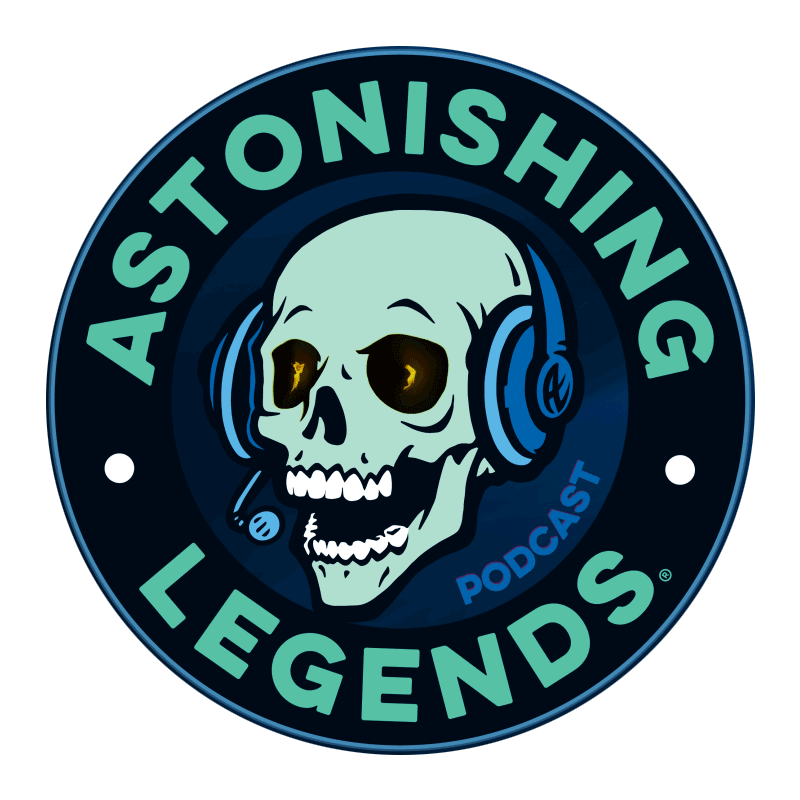The Battle of Blythe Road
When you think about magic, it’s likely that Aleister Crowley jumps to the top of your mind. However, it’s unlikely that you might have William Butlet Yeats right behind him. However, the two of them had an alleged magical duel. Known as the Battle of Blythe Road, this fateful clash has intrigued folks interested in magic for years.
Since the late 19th century and into the early 20th century, these two men experts in their own craft had a very fierce, very public rivalry. To understand their rivalry better, we must first explore, generally, their beliefs. Although known as a successful poet, William Butler Yeats was also deeply involved in the study and practice of magic. Both Yeats and Crowley were members of the Hermetic Order of the Golden Dawn. This was a somewhat secret society founded by William Robert Woodman, William Wynn Westcott, and Samuel Liddell Mathers who were Freemasons. The Hermetic Order of the Golden Dawn had a similar structure to Masonic lodges (unsurprisingly) but made some major changes, like allowing women to be admitted. While there were multiple orders there was a focus on esoteric philosophy, the study of astrology, tarot, divination, and geomancy, scrying, astral travel, and alchemy.
The rivalry between Yeats and Crowley began when Crowley joined the Golden Dawn in 1898. Yeats was already a prominent member of the group and saw Crowley as a dangerous force who was intent on subverting the group’s traditions and values.
Yeats and other members of the London lodge grew more and more uncomfortable with Crowley's interpretations of their practices and rituals and the liberties he was taking. The chapter started making it obvious that Crowley was not welcome, and this led to Crowley seeking spells and measures to get the chapter members back on his side. The chapter was correct, though, in assuming Crowley had some ill intentions. He wanted to take (or maybe even steal) some of the group's most prized and top-secret papers.
This, obviously, did not last long and Crowley never shied away from a confrontation. So, when he arrived again at the London headquarters above George’s Cafe on Blythe Road, some chaos ensued. Crowley attempted to go up the stairs and Yeats confronted him, along with other members, shouting spells at each other. Crowley began making the sign of the pentacle, hoping to scare the adepts. After some more yelling and spell-casting, Yeats took a different route. When Crowley mounted another stair, Yeats kicked him down, and off he went down the staircase.
For years, the two were said to send magical pinches and prods to each other, including Yeats allegedly sending some sort of vampire-like creature to bite Crowley in the night. But, the two would never make formal amends or move past the issue.
For Yeats and Crowley, magic was much more than a source of entertainment or diversion. It was a deep and abiding passion, a way of life that shaped their worldview and their relationships with others. Yeats would continue working in the upper echelons of the order until his death. He was a dedicated member for over 30 years. After being ousted from the order, and other magical organizations, Crowley would go on to found Thelema. Their rivalry, and the activity on Blythe Street that day, remain a testament to the power of magic and the lengths people will go to attain it and protect it.
The image is of the location of the Battle of Blythe road, thanks to Google Maps!
Thanks to Cameron Smith for this blogstonishing suggestion!
